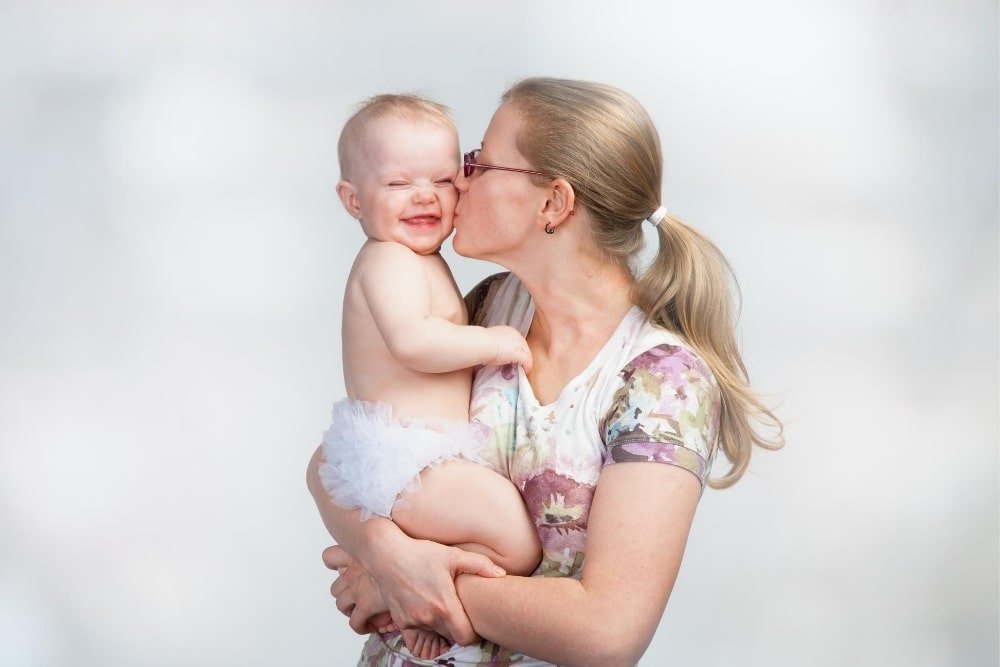When someone asks you how old you are, you answer them in years. But, what about when someone asks you how old your baby is? Some people answer in weeks and others answer in months.
So, what is the right answer? We’re going to take a look at why months and weeks are not the same and what you need to know how to calculate a baby’s age correctly.
Why aren’t months and weeks equal when talking about a baby’s age?
We all know that there are seven days in one week. So that would mean that four weeks equals 28 days. But, that’s not the same amount of days a month has unless you’re talking about February which is the only month that has 28 days.
We all know most months have either 30 or 31 days. So if you talk about your baby’s age in months, it’s more than four weeks. This is why you can’t just go by months when you want to calculate a baby’s age from birth.
How do weeks and months relate when you want to calculate a baby’s age from birth?
The next time someone asks your baby’s age from birth, consider these comparisons.
4 weeks = almost one month minus a few days, depending on what month your child was born in
8 weeks = almost close to two months old
12 weeks = one week shy of 3 months
13 weeks = 3 months old
16 weeks = almost 3 months (a week and a half shy)
20 weeks = about 2 weeks shy of 5 months old
22 weeks = 5 months old
24 weeks = 2-2.5 weeks shy of 6 months old
26 weeks = 6 months old
When you look at these comparisons, you can see that giving your baby’s age by weeks and months is different.
You can count how many weeks old your baby is by simply starting the day they were born. Then if you want to convert this into months you can.
You want to make sure you’re accurate because many milestones correspond with the number of months or weeks your baby is. You want to be sure that you’re comparing your baby’s development with the appropriate age.
View in gallery
Do I tell people my baby’s age in months or weeks?
When your baby is less than one month old, you’re obviously going to tell your baby’s age in weeks. As your baby gets older, you may want to transition into months.
For example, when your baby is 5 months old, it may be easier to say that than to convert into weeks.
Some parents keep their baby’s age description to weeks until they are one year old. It really is a matter of preference. Many parents then tell their baby’s age in months until they reach the two-year mark.
That’s when they switch to telling their baby’s age in years. You have to decide which way is easier for you and which one makes it easier for you to keep track of your baby’s correct age.
Developmentally, a week can make a big difference for a child. Your doctor will be keeping track by weeks and can always have an accurate count if you get confused at some point.






